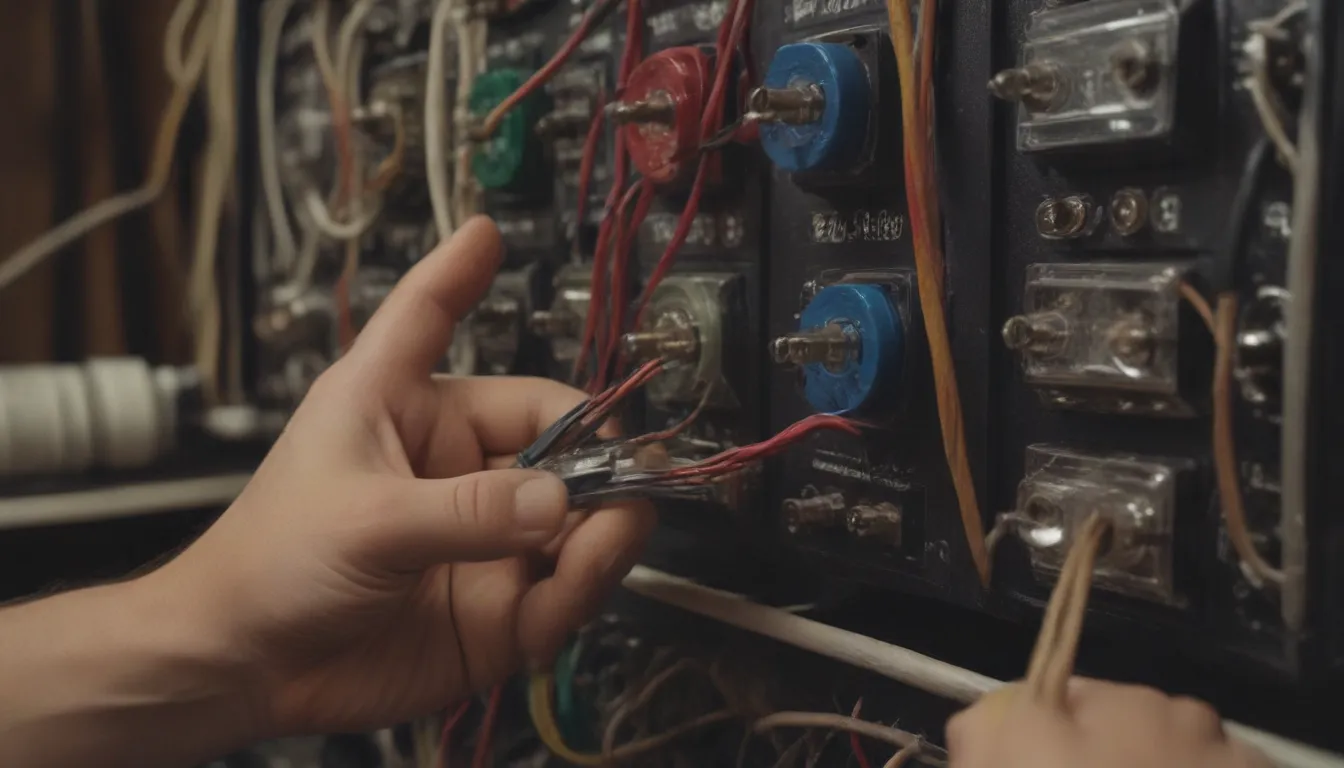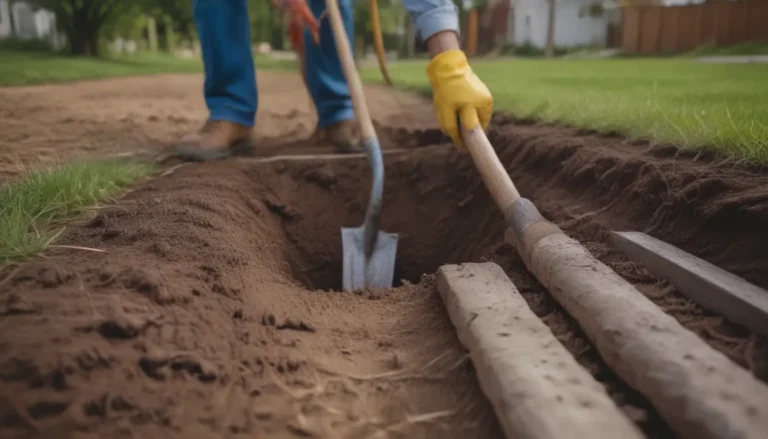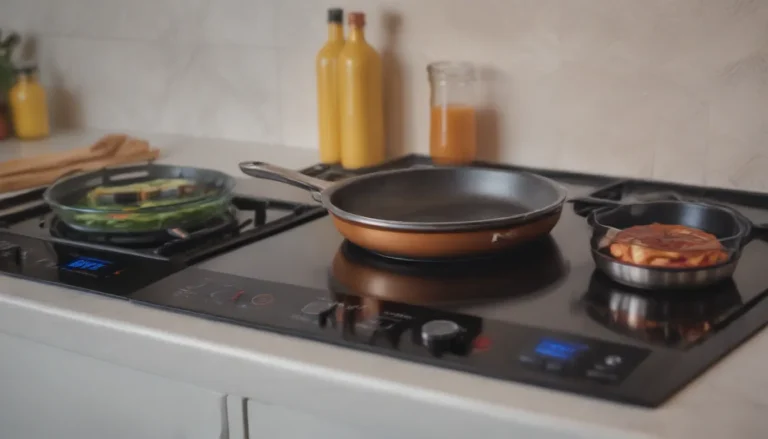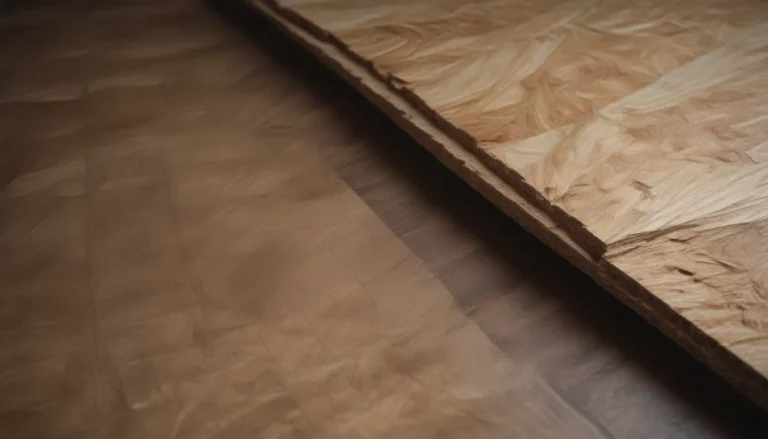The Ins and Outs of DIY Electrical Work

When it comes to working on your home’s electrical system, the idea can be intimidating. However, with the right information and precautions, DIY electrical work can be a fulfilling and cost-effective project. The question on many homeowners’ minds is, “Can I do my own electrical work?” Let’s explore the answer to this question and delve into the world of DIY electrical projects.
Legal Considerations for DIY Electrical Work
The legality of DIY electrical work varies depending on your location. Before starting any electrical project, it’s essential to check with your local permit office to ensure you are compliant with all regulations. In most cases, homeowners are allowed to perform electrical work on their own property for personal use, not for commercial purposes. Some jurisdictions may require proof of ownership or even a brief examination to obtain a temporary license for the work.
In Washington State, for example, owner-occupants are allowed to do their own electrical work as long as it meets certain criteria. This is a common provision in many states, but it’s essential to confirm the requirements in your area before starting any DIY electrical projects.
Homeowner Electrical Exams
In some cases, if you plan to do your own electrical work, you may need to pass a homeowner electrical exam. This exam is usually a simplified version of the test taken by certified electricians and is designed to ensure you have a basic understanding of electrical codes before starting your project.
For instance, in Montgomery County, Maryland, owners of single-family homes can perform their electrical work after passing an examination based on the National Electrical Code. This exam allows homeowners to demonstrate their knowledge and understanding of the code requirements, ensuring the safety and compliance of their electrical work.
Benefits of DIY Electrical Work
If you’re considering tackling your own electrical projects, there are several reasons why you might want to give it a try. Here are some benefits of DIY electrical work:
- Save money: Hiring a professional electrician can be costly, and by doing the work yourself, you can save money on labor costs.
- Get the work done quickly: You can work on your own schedule and complete the project at your own pace.
- Take control of your home: DIY electrical work allows you to customize your home’s electrical system to meet your specific needs.
- Electrical work is safe: With proper precautions and knowledge, DIY electrical work can be a safe and rewarding experience.
When to Call the Professionals
While DIY electrical work can be a practical and fulfilling endeavor, there are times when it’s best to leave the job to the professionals. Electricians are trained, licensed, and experienced in handling electrical projects, and there are instances where their expertise is essential. Consider calling an electrician for:
- Projects that require a steep learning curve or specialized knowledge.
- Electrical work in commercial properties or rental units.
- Complex or large-scale electrical upgrades or installations.
It’s essential to know your limits and prioritize safety when it comes to electrical work. If you’re unsure about a project or feel overwhelmed, don’t hesitate to call a professional electrician to ensure the job is done safely and correctly.
Conclusion
In conclusion, DIY electrical work can be a rewarding and cost-effective way to enhance your home. By understanding the legal considerations, taking necessary precautions, and knowing when to seek professional help, you can successfully complete electrical projects on your own. Remember to always prioritize safety and compliance with regulations to ensure the success of your DIY endeavors. So, can you do your own electrical work? With the right knowledge and preparation, the answer is a resounding yes!





